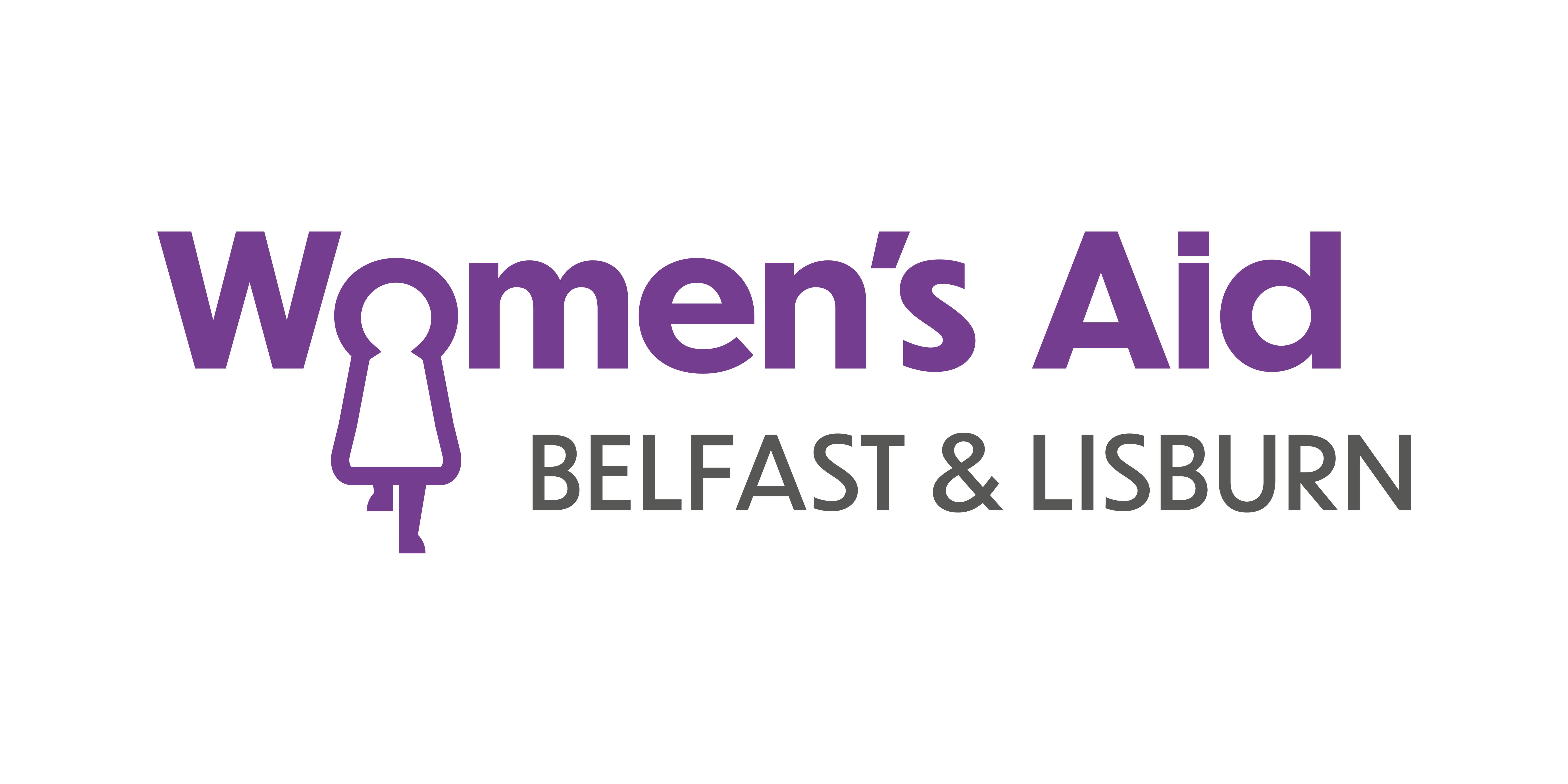Verbal abuse in relationships
You likely will have all heard the phrase ‘sticks and stones will break my bones, but words will never hurt me’, however in the context of domestic abuse this is fundamentally untrue. Insults, name-calling, and verbal threats and intimidation are all ways in which an abuser can use their words to emotionally torment their victim to purposefully hurt and damage their confidence and self-esteem.
Verbal abuse in relationships is at the least unpleasant and hurtful, however can also be the sign of something much more sinister. It is a form of emotional abuse, and is often used by perpetrators of domestic abuse as a coercive control tactic. Read on to find out more about the examples and impact of verbal abuse in relationships.

Verbal abuse meaning
Although it may seem from the word ‘verbal’ that this type of abuse solely uses words, the meaning of verbal abuse is to use words and language alongside other non-physical behaviour to purposefully cause emotional pain.
It would be easy to assume that for every victim this form of abuse as less harmful than other types of abuse such as physical, sexual or financial, however the fact is that verbal abuse in a relationship is often a sign of other abuse taking place too; it is understood that coercive control more often than not underpins all forms of domestic abuse, including verbal and non-physical abusive behaviour.
Therefore, although verbal abuse may sound like it would simply be unpleasant to experience, we must recognise the likelihood that it is symptomatic of other abuse taking place and thus it is much more than simply unpleasant – it can be devastating.
Coercive control definition
Women’s Aid England defines coercive control as “an act or pattern of acts of assault, threats, humiliation and intimidation or other abuse that is used to harm, punish or frighten”. Coercive control tactics can be extremely subtle, and may not be apparent to the people around the victim or indeed the victim themselves.
Coercive control perpetrators subject their victim to an array of behaviours and tactics, including:
- Strict and restricting routines
- Extreme – and often unfounded – jealousy
- Accusations and threats
- A cycle of physical, sexual, or financial abuse, or a combination of a types of abuse
- Gaslighting
- Isolation from loved ones and work colleagues by creating rifts
Verbal abuse is a form of coercive control used to create confusion, isolation and diminish the victim’s sense of self. By subjecting their partner to verbal abuse, perpetrators begin to hold control over their partner’s life, instilling fear into them and taking away their independence.
Verbal abuse examples
As we mentioned above, in the context of intimate partner domestic abuse, verbal abuse is used by perpetrators to inflict emotional pain on their victim. Some common examples of verbal abuse include:
- Insults and put-downs
- Gaslighting
- Name-calling
- Belittling and mocking
- Shouting and screaming
- Verbal humiliation and degradation
- Verbal threats of physical or sexual harm to the victim and/or their loved ones
Effects of verbal abuse
The examples of verbal abuse listed above can have a devastating emotional and even physical affect. The effects of verbal abuse from a partner can include:
- Self-doubt
- Irritability
- Confusion and difficulty making decisions
- Feeling fearful and constantly walking on egg-shells
- Low self-confidence
- Loss of enthusiasm
- Frequent headaches and/or migraines
- Digestive issues
- Stress-related physical issues such as heart conditions
- Anxiety
- Depression
- Intrusive thoughts and memory problems
- Sleep or eating disorders
- Substance abuse
- Self-harm
- Suicidal thoughts and/or attempts
It is clear that verbal abuse cannot be minimised to the simple ‘sticks and stones’ saying, but in fact often results in the development of a range of health issues, both mental and physical. Moreover, we must always remember that verbal abuse is often accompanied by other forms of abuse which can have a huge emotional and physical toll on victims.
How we can help
Here at Belfast & Lisburn Women’s Aid, we understand that it is difficult to take the first step and reach out for support, however we are here to give you the help and support you need in the way that suits you best. We offer initial contact via phone, email or webchat, and then refer you to the member of our team that can provide the most suitable support for your needs.
Above all, we want you to know that although it may feel like it, you are not alone. We are here for you when you are ready to reach out.
Call us on 028 9066 6049
Email us on support@belfastwomensaid.org.uk (now monitored until 8pm on Thursdays)
Chat to us on weekdays from 9am to 5pm (and until 8pm on Thursdays) by clicking the speech bubble on the right hand side.
If you are worried about your partner viewing your search history and want to cover your tracks online, visit our safer browsing page for help and advice.
Show all posts
